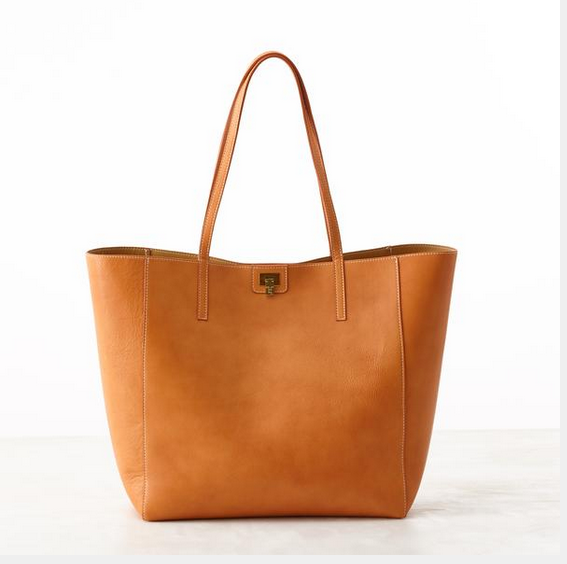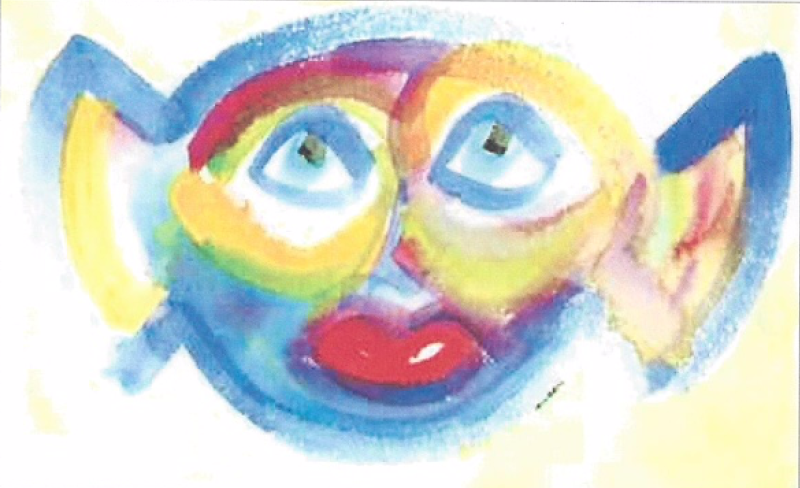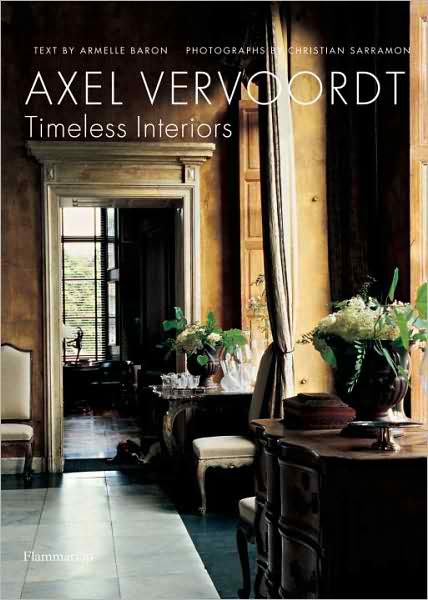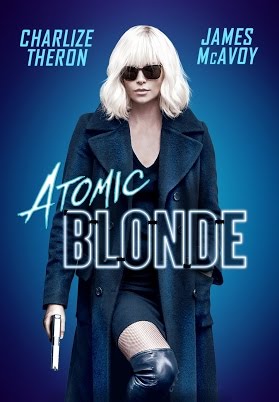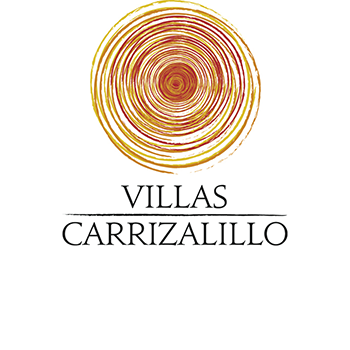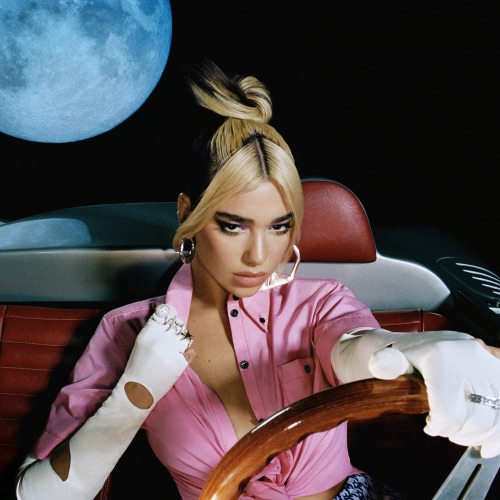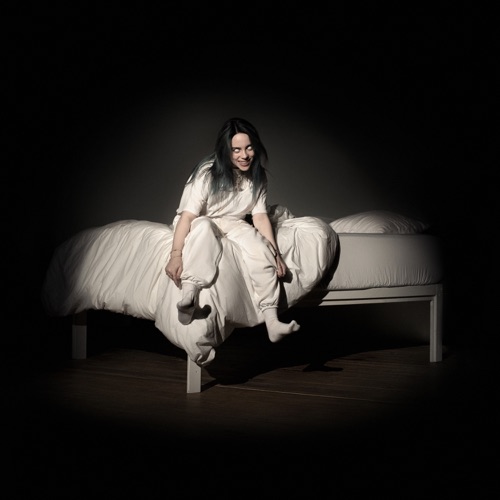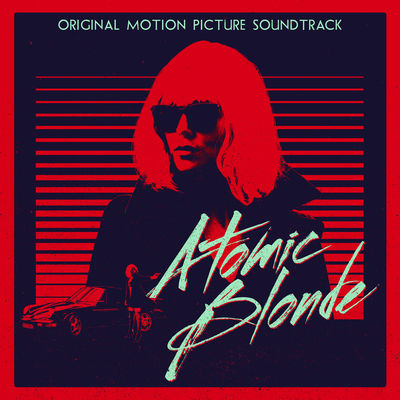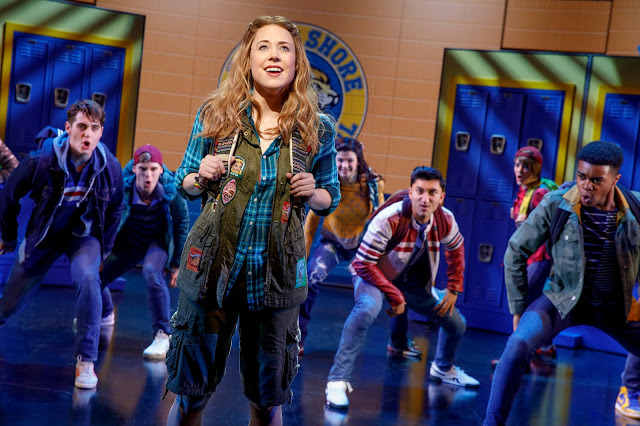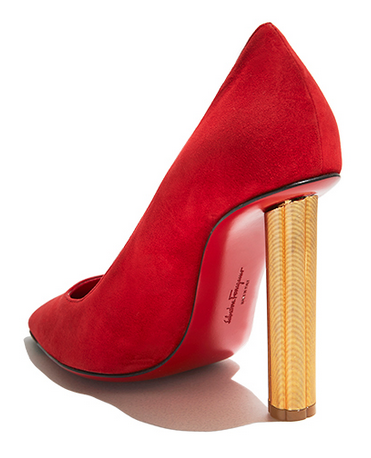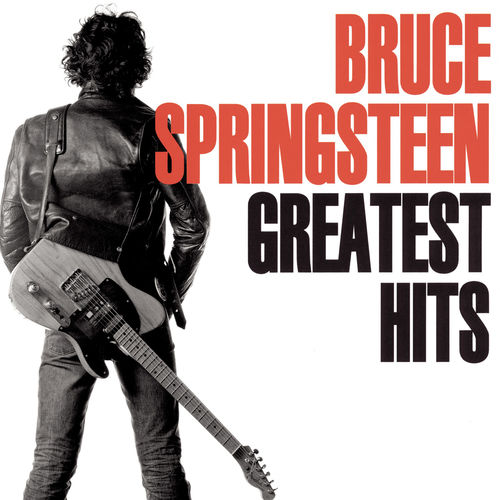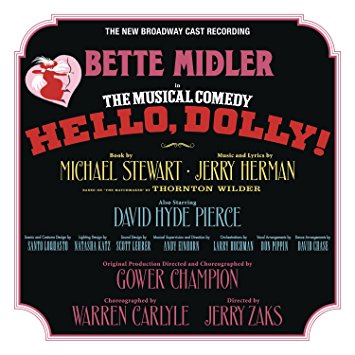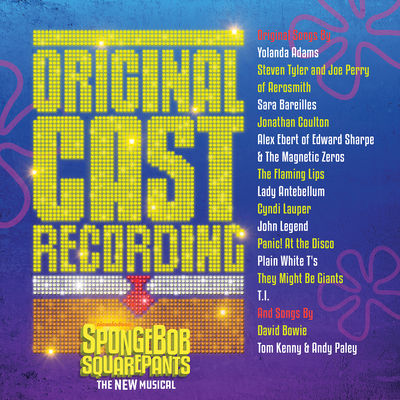‘A WALK WITH MR. HEIFETZ’ NEEDS TO PICK UP THE PACE
 Monday, June 4, 2018 at 10:59PM
Monday, June 4, 2018 at 10:59PM
 Adam Green and Yuvgal Boim
Adam Green and Yuvgal Boim
HENRY EDWARDS - New York - February 21, 2018
In the late 1970s and early 1980s, I lived in Los Angeles’s fabled Malibu Colony and Jascha Heifetz, perhaps the greatest violinist of all time, was my next door neighbor.
Arthritis had crippled the musician’s fingers, disallowing me the opportunity to hear him engage in his daunting daily regimen of scales, études and various other practice routines. I did spot Heifetz peering from his window once or twice and caught a glimpse of him emerging from his house on another occasion.
In 1987, the violinist succumbed to complications from a fall at the age of 86.
That I was ever going to chat with the legendary instrumentalist or have the unlikely opportunity of walking on the beach with him had simply not been in the cards.
Understandably, I can’t remember the last time Heifetz crossed my mind – that is until the arrival of British playwright James Inverne’s “A Walk with Mr. Heifetz,” the Primary Stages production at the Cherry Lane Theatre.
If not me, at long last, someone was going to take that walk.
The source material for former Gramophone magazine editor Inverne’s play is the true-life (and probably almost mythic by now) story of what happened when Heifetz (Adam Green) visited British Mandatory Palestine in 1926. Since the country lacked a concert hall, the world famous soloist concertized for thousands in a stone quarry at the Ein Harod kibbutz.
After the performance, audience member and kibbutz movement pioneer Yehuda Sharett (Israeli actor Yuval Boim), somehow persuaded the brilliant and eccentric violinist to accompany him on a walk and the men walked and talked away the remainder of the night.
“A Walk With Mr. Heifetz” consists of two short and very talky acts.
Act One dramatizes the walk shared by the two 26-year-olds, one a renowned musical genius, the other a passionate Zionist.
Act Two takes place 20 years later in 1945 just three years before Israel became a state.
Instead of Heifetz, who makes only the shortest of cameos, Yehuda’s new conversation partner is his brother Moshe (Erik Lochtefeld), a prominent politician who is viewed as the third most important man in Israel after Chaim Weizmann and David Ben-Gurion.
The siblings have not seen each other in quite some time, and needless to say, they have plenty to talk about.
During the course of both acts, big subjects turn up, including war, the Holocaust, the turbulent politics of the Middle East, and especially the complicated and fascinating purpose of music.
But it’s all rather chatty, polite and bloodless in spite of itself. It’s not often that dramatic subjects such as these are treated with a lack of drama.
Heifetz, a child prodigy, was born in Lithuania in 1901, immigrated to America in 1916, and was the most celebrated violinist in the world by the time the 26-year-old performed in Palestine.
Adam Green, who resembles Heifetz, looks especially dapper in costumer Jen Caprio’s bowtie and double-breasted suit. Radiating wealth, fame and a cultivated, self-protective aloofness, the musician listens with exaggerated politeness as Yehuda and he interrupt their walk to rest in front of designer Wilson Chen’s crumbling stone wall.
Yuval Boim’s Yehuda is deeply influenced by kibbutz life and completely taken up with the Zionist dream to create the State of Israel. He dresses in no-frills workers garb, serves a local choir director and is known to his community as a composer with a modest reputation. The opportunity to talk to a musical genius makes him bubble over with enthusiasm.
While Yehuda talks and talks without making a point, attractive and talented violinist (Mariella Haubs) appears and occasionally underlines the dialogue with evocative musical passages. It helps.
Driven eventually to abandon politeness, Heifetz finally demands to know what exactly is on his walking companion’s mind.
After seemingly endless beating around the bush, Yehuda replies that he desperately wants to develop his talent for musical composition and use his gift for the benefit of his people.
But Palestine lacks a single opportunity for him to further his studies, leaving no other option but to migrate to a major city in Europe.
Yehuda views such a departure as the abandonment of building a homeland, and nothing less than an act of betrayal.
It’s a position that makes little sense to Heifetz, a single minded careerist (as well as celebrity) with a total dedication to his art that is personal in nature. The violinist is the last person imaginable who would view music as an expression of nationalistic impulses and a form of communal expression.
Convinced that Yehuda should do what is in his best personal interest, he urges the impassioned young man to go to Berlin and take up his studies there. It is, he says, "a place where they eat and drink and breathe music. And it's full of Jewish musicians. German Jews there are living a great new dream."
As the act reaches its conclusion, Yehuda makes a decision to act on the advice.
Twenty years later, in 1945, the Yehuda of Act Two, a middle-aged composer and musical director of note in Palestine, is so overwhelmed by depression he has become a recluse.
Brother Moshe’s mission - it is exactly the opposite of that of Heifetz – is to convince Yehuda to return to work and create music that will help to shape a Jewish national identity.
During their lengthy conversation, we learn that Yehuda did take Heifetz's advice about Berlin, lived there during the rise of Nazism and returned home without incident.
Heifetz's name is evoked in passing. The violinist refuses to perform in Israel after he "dared to play the music of Richard Strauss,” characterized by Moshe as "one of the figureheads of Hitler's cultural apparatus,” and was attacked with a stick.
"This is a reason for a Jew to attack another Jew?" Yehuda asks his brother.
In 1940, Yehuda lost significant members of his family, including one of his siblings, his wife and the brothers’ mother, in a car accident. Overwhelmed by grief and sickened by the war and the Holocaust, he lost faith in the power of music, prompting his decision to abandon the world.
The tide turns favor of Moshe’s argument when he plays a recording by Viktor Ullmann, recorded after the Austrian born Jew was deported to the Theresienstadt concentration camp and never stopped composing.
An inspired Yehuda grasps that his mission is to do his part to help the fledging nation forge a cultural identity.
“A Walk With Mr. Heifetz” has been directed by Primary Stages Artistic Director Andrew Leynse. Yuval Boim and Erik Lochtefeld do their best and their performances are best characterized as “earnest.” Adam Green has it easier since his talkfest is shorter and funnier.
Inverne’s play brims with intriguing ideas and major historical events that scream out for dramatization. That play has yet to be written.
Information and tickets for Primary Stages’ 2018-19 season: PRIMARY STAGES
 Adam Green, Yuval Boim and Mariella Haubs
Adam Green, Yuval Boim and Mariella Haubs
